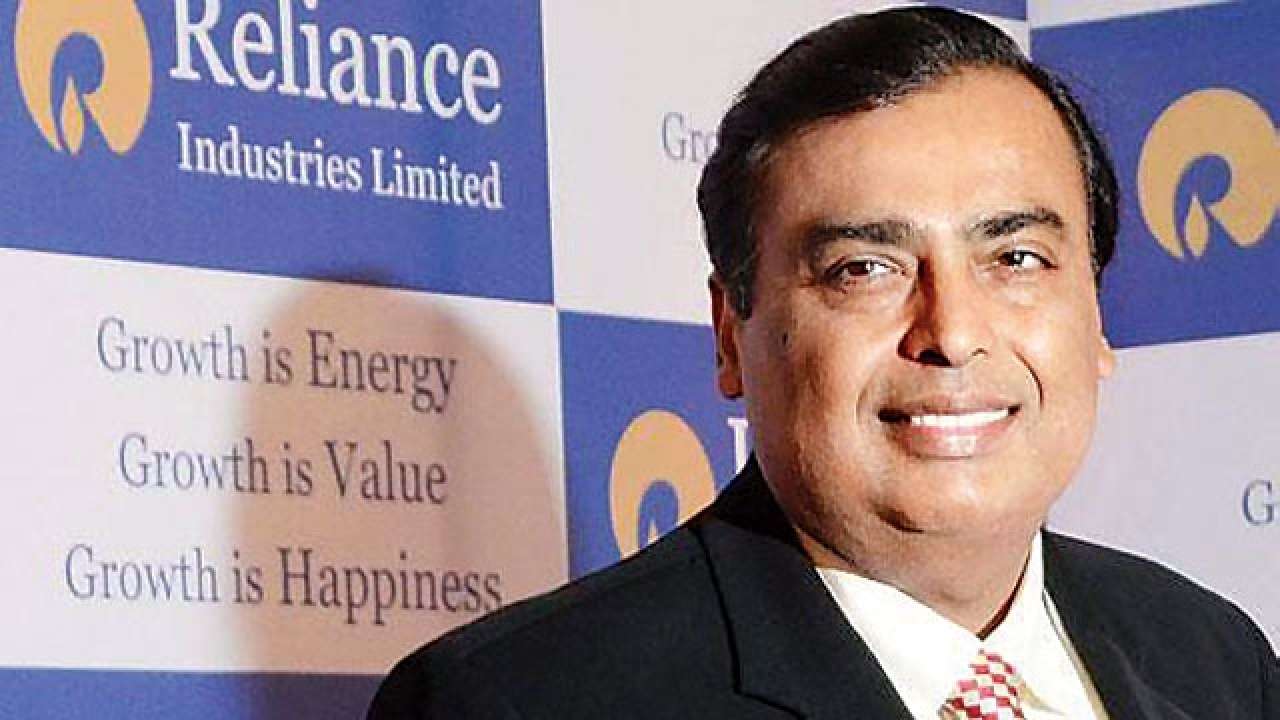BUSINESS
The internal story of metamorphosis in Reliance, how Mukesh Ambani became its hero?

Mukesh Ambani described the data as new oil and with this, the series of continuous changes started in Reliance, it continues till today. At the time of Jio’s development, Mukesh Ambani came to understand that modern retail business is also connected with technology, and with this understanding, the effort started to become Amazon / Alibaba of India as Reliance Retail.
Mukesh Ambani recognizes change ahead of time
Mukesh has been the leader of metamorphosis in Reliance Industries.
A petroleum company is becoming a technology giant
In a quarterly video conference with his executives in 2012, Reliance Industries Chairman Mukesh Ambani warned – “Whatever has brought us here will not take us further in the future”. He feared that Reliance’s core business of crude oil and petrochemicals may lose their luster amid renewables, electric mobility, and rising global tensions.
New oil explaining data
Mukesh Ambani said that ‘data is the new oil of this era’. With this, the continuous change started in Reliance, it continues till today. The company spent four years preparing the digital infrastructure and launched Reliance Jio in September 2016. Today it has the largest network of 38.7 crore 4G subscribers. At the time of Jio’s development, Mukesh Ambani came to understand that modern retail business is also connected with technology, and with this understanding, the effort started to become Amazon / Alibaba of India as Reliance Retail.
Ability to recognize the change in time
Hemendra Kothari, Mukesh Ambani’s family friend, and investment banker say, “He is a dreamer and recognizes the changes in human life and society ahead of time.” He has the ability to turn dreams into reality.
In the next five years, Reliance increased its store count from 2,621 to 11,784, and Geomart, an ambitious e-commerce platform, was launched in 200 cities on 23 May this year. So now during the financial year 2019-20, about 35.1 percent of the revenue of this mainly oil and gas company came from the consumer business. During this period, the company’s earnings and profits increased by nearly 70 percent to Rs 39,880 crore from Rs 6.59 lakh crore respectively.
Reliance Industries has been the main business of petrochemical and refining for years, these business shares in the company’s cash flow has been close to 90 percent, but now it is changing. Now about one-third of its cash flow belongs to its consumer business. The major objectives behind this change are: Refining and petrochemical, digital and telecom and three strong pillars of retail should be made globally, they are not financially dependent on each other and their books should be made debt-free.
The ability of Mukesh Ambani can be gauged from the fact that while the whole world is facing the crisis of Corona, they are constantly being negotiated on the deal. In the last month and a half, Jio Platforms Limited (JPL) has entered into deals with private equity investor Silver Lake Partners, Vista Equity Partners, General Atlantic, KKR, Abu Dhabi’s sovereign fund Mubadla and Abu Dhabi Investment Authority (ADIA).
Geo-facebook deal
His most popular deal recently has been with the world’s tech company Facebook. Facebook has invested Rs 43,574 crore to buy a 9.99 percent stake in Jio Platforms. With this deal, a lot of discussions started about Reliance’s long term plan. The most important thing in this is that Facebook-owned WhatsApp has 35 crore users in India, which can be availed for Jio Retail. On the other hand, Facebook will get the benefit of Jio’s 38.7 crore customer base.
Personality changes too
Mukesh Ambani himself has also undergone a personal change. He works with a team of prominent people, including Manoj Modi, Nikhil and Hital Meswani, PMS Prasad, Alok Agarwal, and son-daughter Isha, Akash. But he has previously avoided speaking in public forums. Now he has become an effective speaker. Recently, he has spoken about Mahindra & Mahindra, national interest in Microsoft’s programs, humanity and life-changing technology.
Mukesh Ambani does not want to keep any bad apples in his basket. Businessman Ronnie Screwvala says, “There is a perception that people who have a lot of money keep coming up big ideas, but most people are not able to implement these ideas. But perhaps Mukesh Ambani is different.
